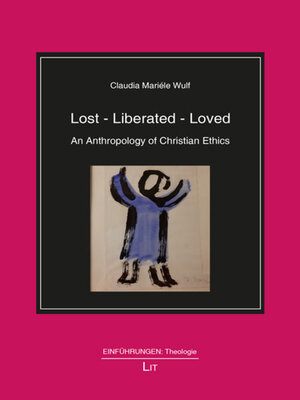
Sign up to save your library
With an OverDrive account, you can save your favorite libraries for at-a-glance information about availability. Find out more about OverDrive accounts.
Find this title in Libby, the library reading app by OverDrive.



Search for a digital library with this title
Title found at these libraries:
| Library Name | Distance |
|---|---|
| Loading... |
Christian ethics, also called moral theology in the tradition, is one of the most controversial topics within theology, as well as outside it. Yet the goal of these ethics is 'a life in fullness and freedom'. Without ethical guidelines and personal responsibility, a life cannot succeed. Norms and laws aim to create space for life and protect it. To fill this freedom, people are responsible for that. And being responsible means: owing an answer to someone. Ethics therefore always takes place in relation: to one's own conscience, to the good that can be accomplished, and in relation to other living beings and nature. Christian ethics, moreover, places this responsibility in relation to God.
People are free, but also limited; they hurt each other and need forgiveness and reconciliation. Often people can reconcile with each other, but sometimes accounts remain open: the evil was too great or the reconciliation failed. Christian theology can refer to redemption here. It is just not easy to reconcile its content with the everyday reality of modern people.
This systematic introduction to moral theology offers an explanation in understandable anthropological terms. It shows how the Christian message provides a meaningful answer to the open question of how a human life can succeed. Anyone who tries to mediate meaningfully between tradition and modernity in the pastoral practice of the church will find this book a guide.
People are free, but also limited; they hurt each other and need forgiveness and reconciliation. Often people can reconcile with each other, but sometimes accounts remain open: the evil was too great or the reconciliation failed. Christian theology can refer to redemption here. It is just not easy to reconcile its content with the everyday reality of modern people.
This systematic introduction to moral theology offers an explanation in understandable anthropological terms. It shows how the Christian message provides a meaningful answer to the open question of how a human life can succeed. Anyone who tries to mediate meaningfully between tradition and modernity in the pastoral practice of the church will find this book a guide.







